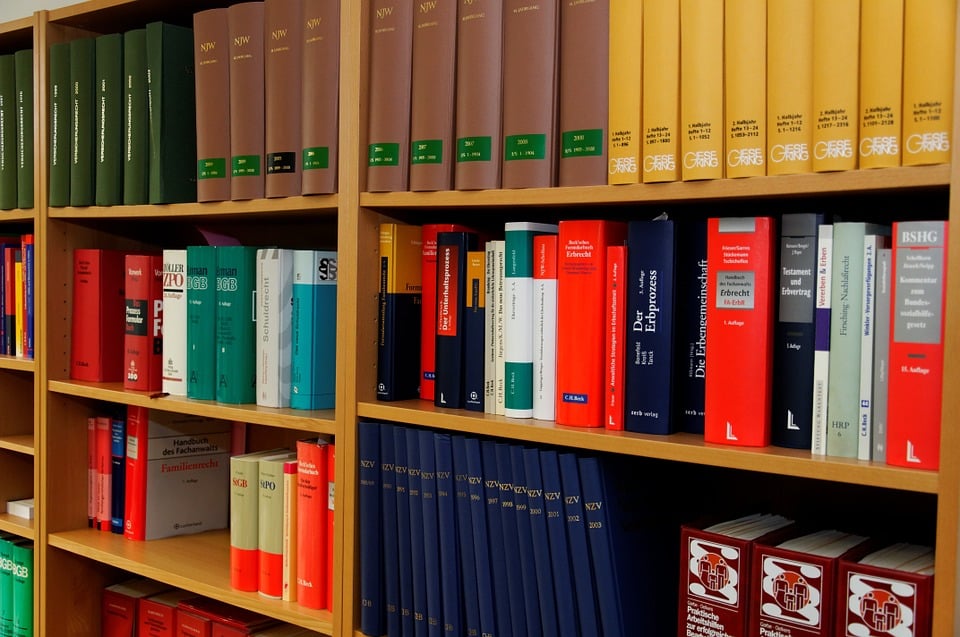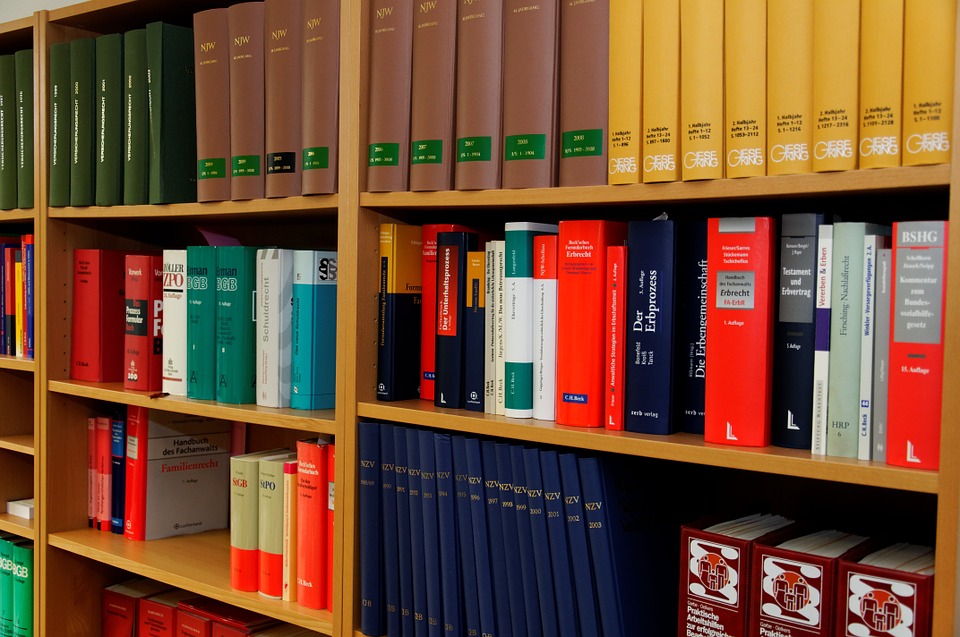Law Students File Suit Against Defunct Law School
By: Elizabeth DiNardo, Esq. | Associate Counsel


On March 22, 2019, a group of former students of the now defunct Charlotte School of Law filed suit against the owners of the for-profit former law school, Sterling Capital Partners, in Illinois federal court. The suit alleges that the defendant recklessly attempted to increase the school’s enrollment, revenue and profit by decreasing admissions and curricular standards leading to the school’s loss of accreditation by the American Bar Association (“ABA”) and the eventual closure of the school.The complaint was filed by seven former Charlotte School of Law (“CSL”) students who allege that the defendant owners of the former law school violated North Carolina Unfair and Deceptive Trade Practices Act and the Illinois Consumer Fraud and Deceptive Business Practices Act through its long-term marketing campaign which contained misrepresentations. Plaintiffs claim that rather than being focused on providing a quality legal education to students, the owners of CSL, established in 2006, were more concerned with taking advantage of the Federal Student Loans Direct PLUS loan program. The CSL business model, according to the complaint, was to enroll the maximum number of students, regardless of whether they were adequately prepared for law school, and consequently collect millions of dollars in tuition fees.
Plaintiffs allege that the school deliberately mislead both students and the ABA as to the purpose of the school, allowing profit to take precedence over the students’ education. As a result of subpar curriculum and increasingly lower admissions standards, CSL graduates’ bar exam results suffered and the school slipped below ABA standards for accreditation. For example, the median LSAT score for an incoming CLS student in 2014 was 143 whereas the national median LSAT score is around 151. Despite the school being placed on ABA probation in November 2016, after a year of warnings being issued by the ABA that the CSL curriculum was out of compliance, the defendant never informed students of the circumstances facing the institution and continued to represent itself as having full ABA accreditation. As such, it came as shock to students in August 2017, when the school lost not only its ABA accreditation but also its license to act as a higher education institution with the University of North Carolina System and was forced to close its doors.
In addition to misleading the ABA as to the academic standards of the law school plaintiffs allege that CSL also violated multiple Department of Education regulations for schools that participate in student loan programs under Title IV of the Higher Education Act.
The case is: Tarah Friedman et al. v. Sterling Capital Partners LP et al., case number 2019-L-003294, in the Circuit Court of County, Illinois.
Counsel Financial provides working capital credit lines exclusively for the plaintiffs' bar in all states except California, where credit lines are issued by California Attorney Lending.




